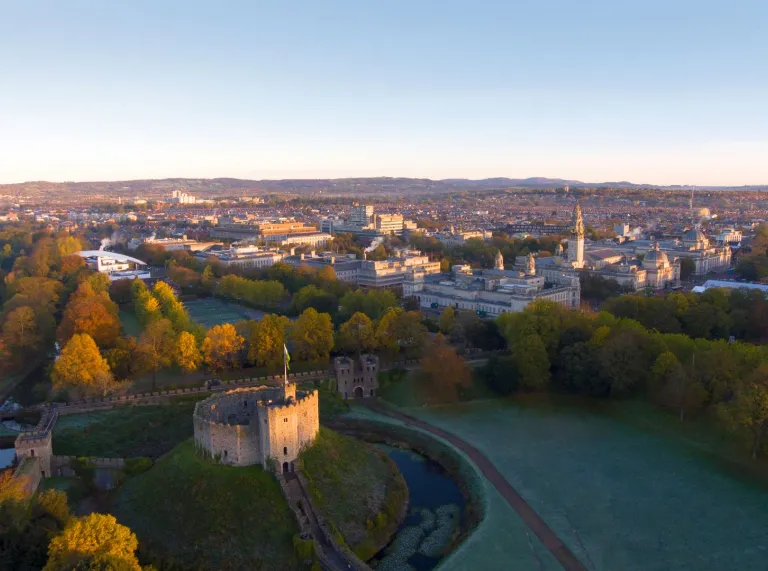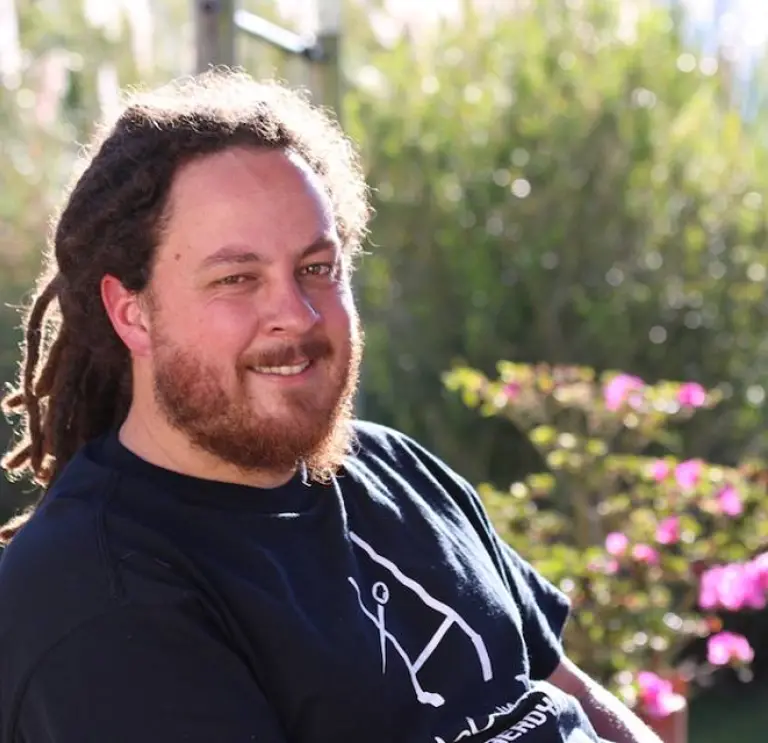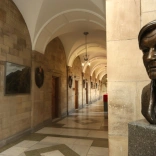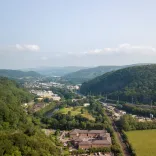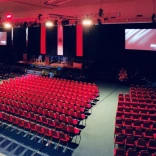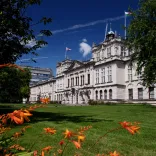Profile
Dr Orozco Ter Wengel’s work focuses on using neutral genetic markers (e.g. microsatellites) to understand the interplay between the genealogical history of populations (or species) and their distribution over space and time. However, since the arrival of next generation sequencing, he has also become interested in using the power of genomics (e.g. whole genome sequencing) to search for genomic regions involved in the process of local adaptation (e.g. adaptation to temperature or diseases).
Dr Orozco Ter Wengel’s work covers both wildlife (e.g. Malagasy amphibians and South American bears) and domestic taxa (e.g. Iranian sheep and Moroccan goats) and uses a combination of laboratory techniques and bioinformatics and says that understanding how adaptation takes place is extremely important in order to develop frameworks that will help us coping with climate change and ensure species survival into the future
Dr Pablo Orozco Ter Wengel, Cardiff UniversityMoving to Wales not only represented the beginning of my career as an independent researcher, but it also opened doors to a bright a future. Wales has a lot to offer through its academic institutions leading research in conservation, genomics, sustainability, engineering, medicine and more. Together with partners in industries spanning from agriculture to internet of things, Wales offers innovators and practitioners alike the environment where ideas can be put to the test and where people can meet to discuss while surrounded by outstanding landscapes and the welcoming people that will make you fall in love with this country."

